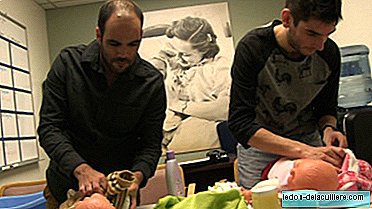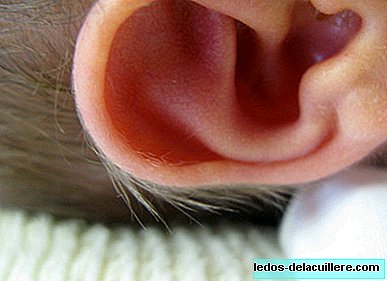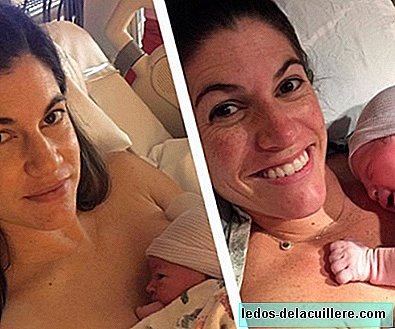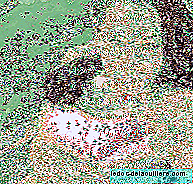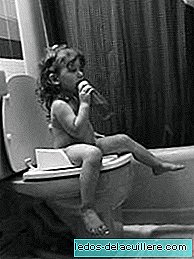
Guide to teach your child to control sphincters
The learning process begins towards eighteen months and must always be accompanied by your tolerance and understanding. Explain what you expect of him. Think that, if you neglect too much of the subject, your child may not interpret the message.
At first, put the potty in the bathroom. When it is a little bigger, accompany it to the sink every little time, if necessary every five minutes; if the pee does not come out do not get angry or scold him. Always insist with the same ritual so that the child learns to repeat it automatically.
Get used to using the toilet as soon as possible. It is likely that at first you feel apprehensive about the toilet: get an adapter adapter seat from those sold in the market (some pediatricians recommend it especially because it serves as a transition to the use of the conventional toilet), or sit down first to reassure it with the example! When you think the time has come, take out the diapers but leave the pot on hand. Some mothers opt for diaper variants that look like underwear and help the little one develop the ability to get on and off the clothes to use the toilet. This product is less complex than the common diaper and makes your job easier when accidents occur (which always happen!); In addition, it increases the child's participation in the process because he can discard it himself. Moving from diapers to disposable underwear can become a great event for your child, as it indicates that he is on track to wear conventional underwear while still feeling protected. There are mothers who use this alternative at night, when their children already control sphincters during the day, but still have incontinence while they sleep.
Congratulate him every time he asks you to pee and every day he manages to get to the night without getting his clothes wet. Don't give up, no matter how desperate you are.
If urinating causes your child pain, consult a specialist. In most cases enuresis is due to affective problems or a delay in the development of the child. Now, if the child misses the pee during the day despite having already reached the age of four, if the urine suffers from stinging or pain, if the urine has a very strong smell, if droplets escape incessantly, you should consult to your pediatrician; it can be an infection in the urine and to cure it it will be necessary to perform some antibiotic treatment. The consultation with the specialist will help you discover if your child has any physical problem.
Note: Do not forget that the ages described here are indicative, because everything depends on the maturation of each child



